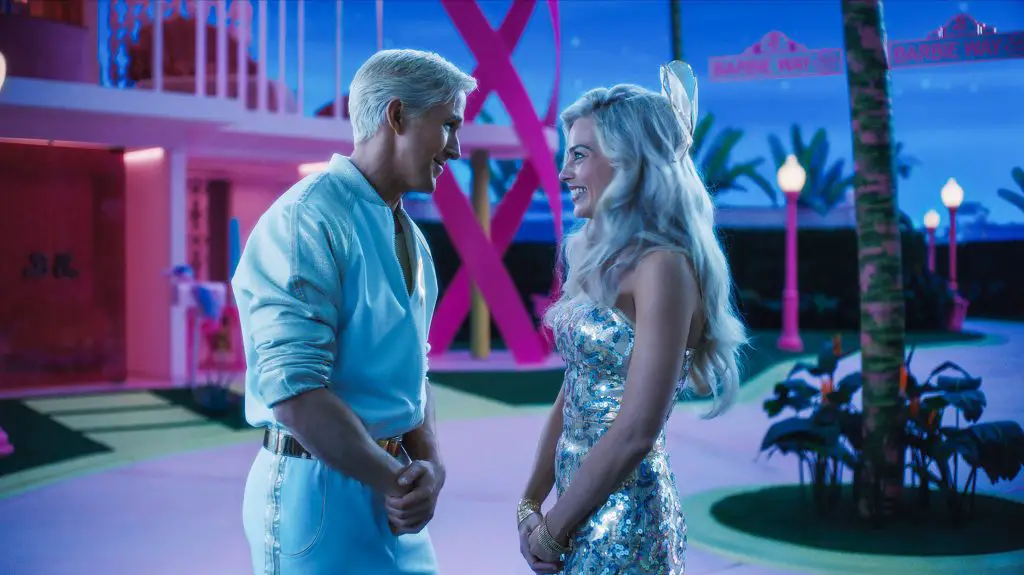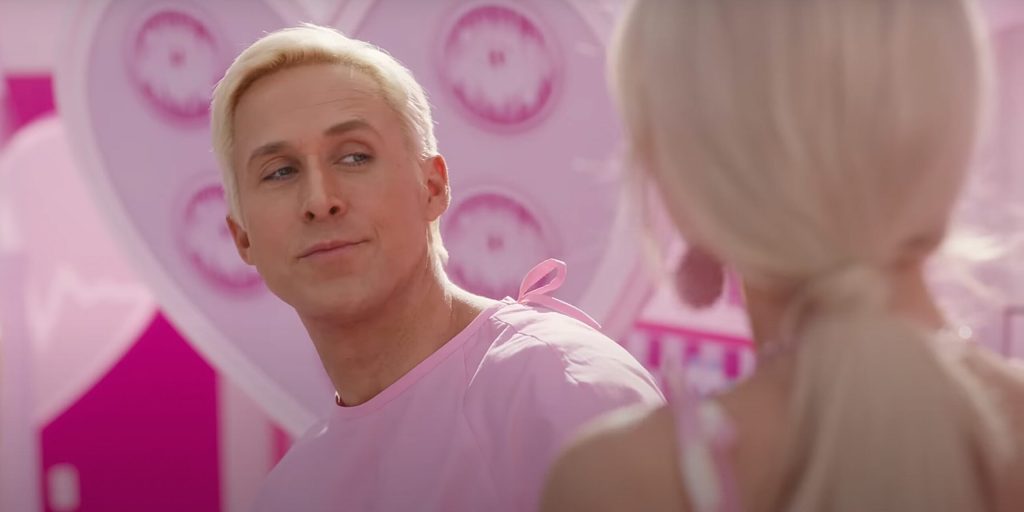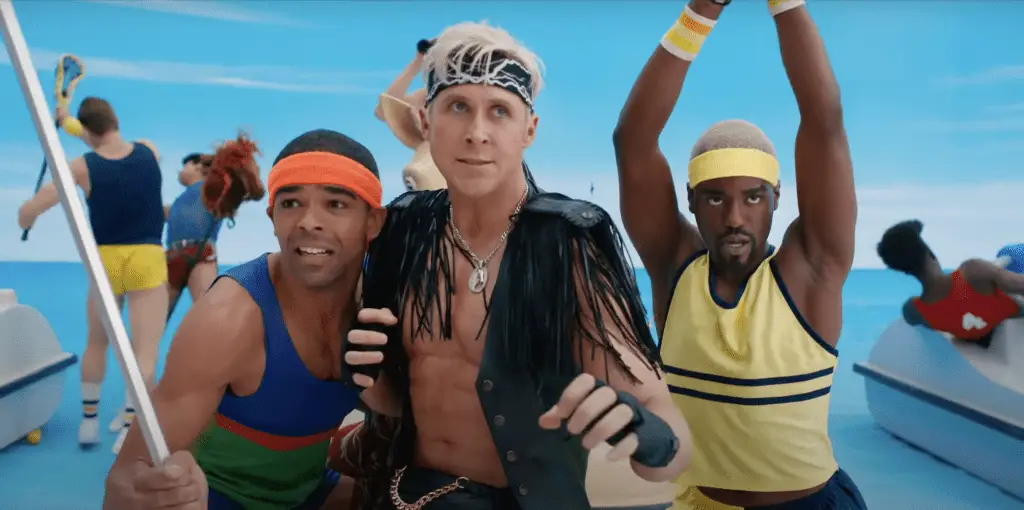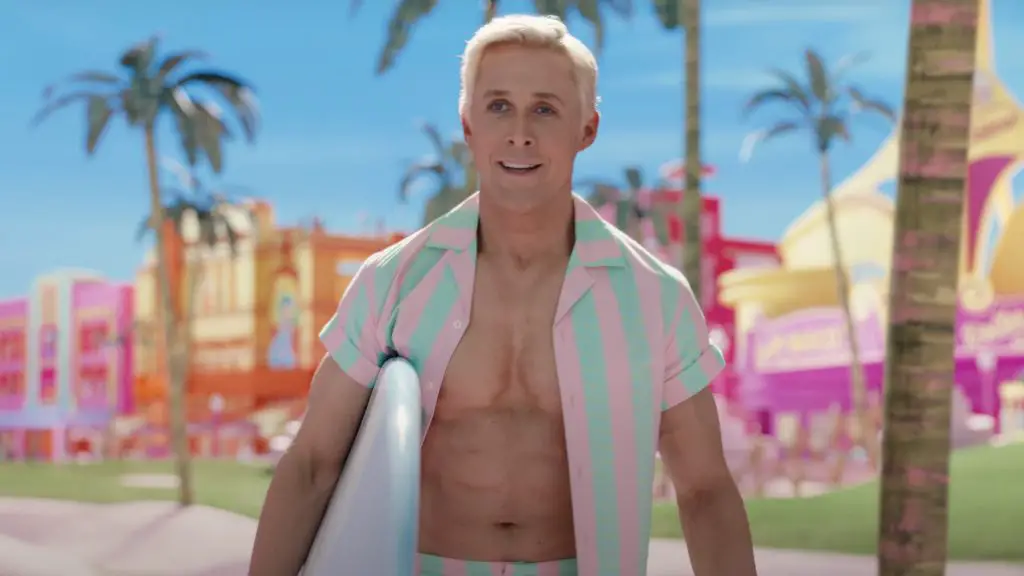Hollywood’s glittering world is no stranger to surprises. And in a fresh twist, Ryan Gosling’s rendition of “just Ken” from Greta Gerwig’s blockbuster Barbie is drawing serious Oscar buzz. While many may raise eyebrows at such a notion, Gosling’s delivery as Ken is so profoundly captivating that it arguably overshadows other elements of the film. The character of Ken evolves as the story’s key antagonist, but Gosling infuses the role with such charisma that audiences find themselves in a tug-of-war between admiration and disdain.
With the Academy Awards not too far off, chatter around Barbie receiving a nod is mounting. Historically, cinematic giants based on Intellectual Properties like Top Gun: Maverick, Joker, and Black Panther have occasionally grabbed the Academy’s attention. But high-budget epics rarely clinch the prize. Barbie may well disrupt this pattern, championing Gosling towards a much-anticipated Oscar victory.
Ken’s Journey from Beach to Bewilderment in ‘Barbie’

Peeling back the layers of Barbie, how does Ken’s character weave into the plot? Unlike the traditional Beach Ken poised alongside Margot Robbie’s quintessential Barbie, Gosling’s Ken portrays a different shade – perhaps a ‘Baffled Ken’. Portrayed as a lovable jock smitten by Barbie, Ken grapples with his identity and the taunts of his peers, aching for genuine acknowledgment. But as the narrative unfurls, his feelings for Barbie remain unreciprocated, relegating him to the ‘friend zone’.
A major plot twist ensues when Barbie and Ken venture from their doll universe into the human realm. Their mission? Reconnect Barbie with her human owner. Originally a solo Barbie journey, Ken’s surprise entry pivots the story’s direction. The duo swiftly realizes that reality starkly contrasts their idyllic doll world. While Barbie grapples with unsolicited attention, Ken discovers the allure of male dominance, plunging headlong into understanding the “patriarchy”.
This newfound insight paves the way for a Ken-led takeover of Barbieland. But it’s no ordinary coup. Patriarchy takes root, turning Barbies into submissive entities, while the Kens, driven by toxic masculinity, wreak havoc. But Barbie’s world isn’t doomed just yet. The Barbies ingeniously leverage the Kens’ towering egos to reclaim their realm. The climactic showdown underscores a valuable lesson, hopefully teaching the Kens that they are indeed “Kenough”.
Beneath the Humor, ‘Barbie’ Delivers a Powerful Message

Barbie primarily exudes a fun, playful aura. However, the narrative deftly delves into profound societal issues. The gender-centric plot is impossible to ignore, with Ken personifying a disturbing trend. Today, pockets of society, majorly led by certain men, advocate male dominance, perpetuating a skewed power hierarchy. Prominent figures champion this view, breeding an ecosystem rife with bigotry and prejudice.
Barbie‘s Ken is emblematic of individuals lured by these misleading ideals. He is not inherently malicious, but seeks direction amidst personal chaos. But such seduction often culminates in toxic masculinity, as the narrative vividly showcases. The evident discomfort among certain self-proclaimed “anti-woke” critics further underlines the film’s potent message.
Gosling’s Stellar Career and the Awaited Oscar

Ryan Gosling’s cinematic journey boasts a plethora of memorable roles. Notably, his performances in Half Nelson and La La Land secured him Oscar nominations. Yet, his brilliance extends beyond these, gracing films like Blue Valentine, Drive, Blade Runner 2049, and more.
Considering his vast contributions, Gosling’s Oscar triumph feels long overdue. 2024’s Academy Awards might be too soon to predict, especially with heavyweights like Robert Downey Jr. and Robert DeNiro in the fray. But even a nod for Gosling could herald a refreshing change for the Oscars, championing blockbusters and comedies alike.
For now, movie enthusiasts can relish Gosling’s masterclass in Barbie, screening in theaters.


